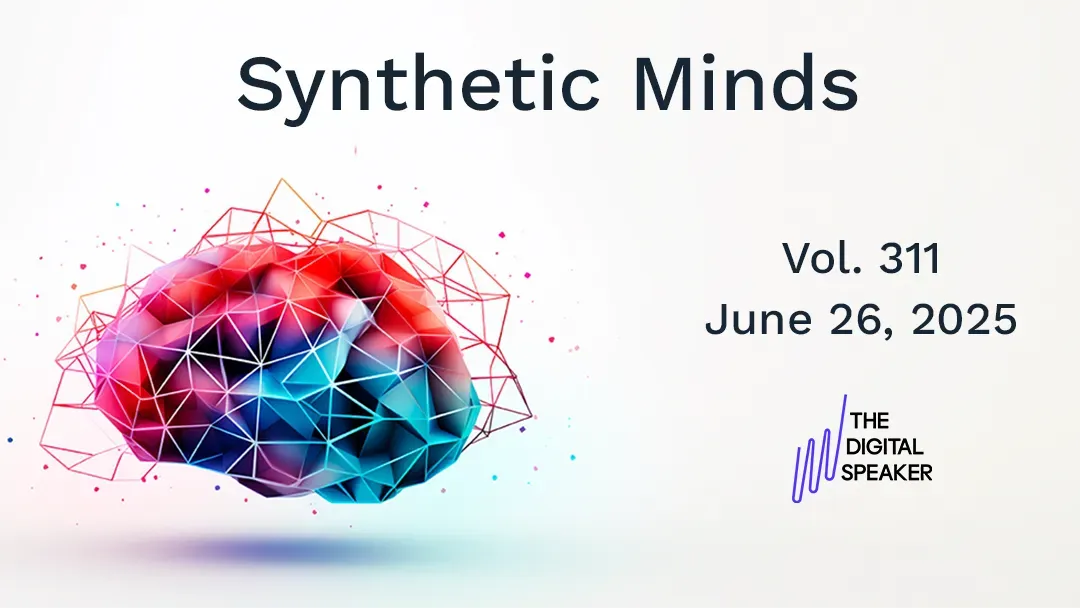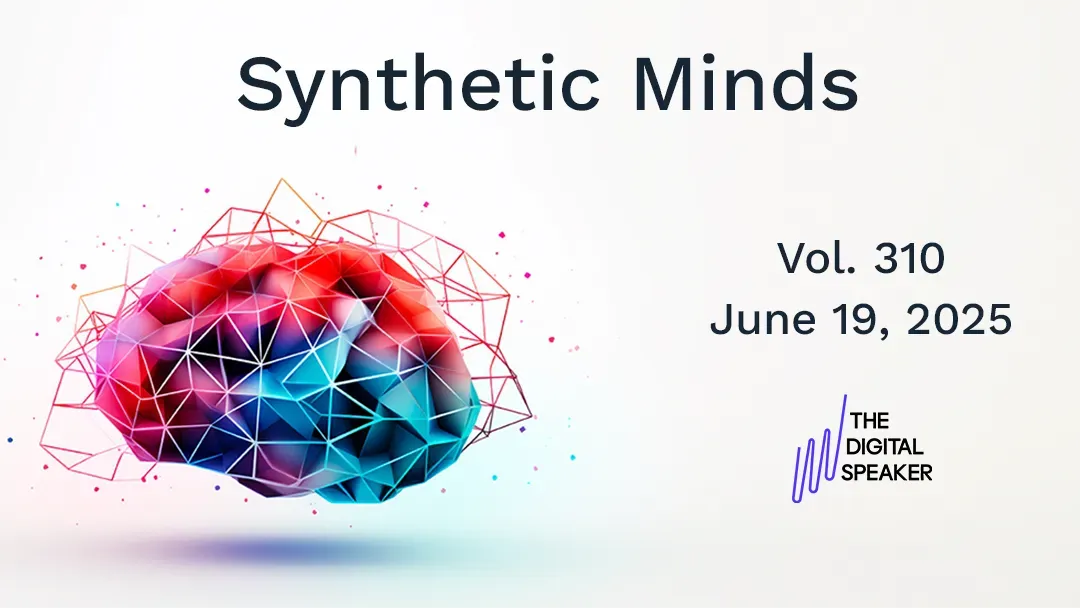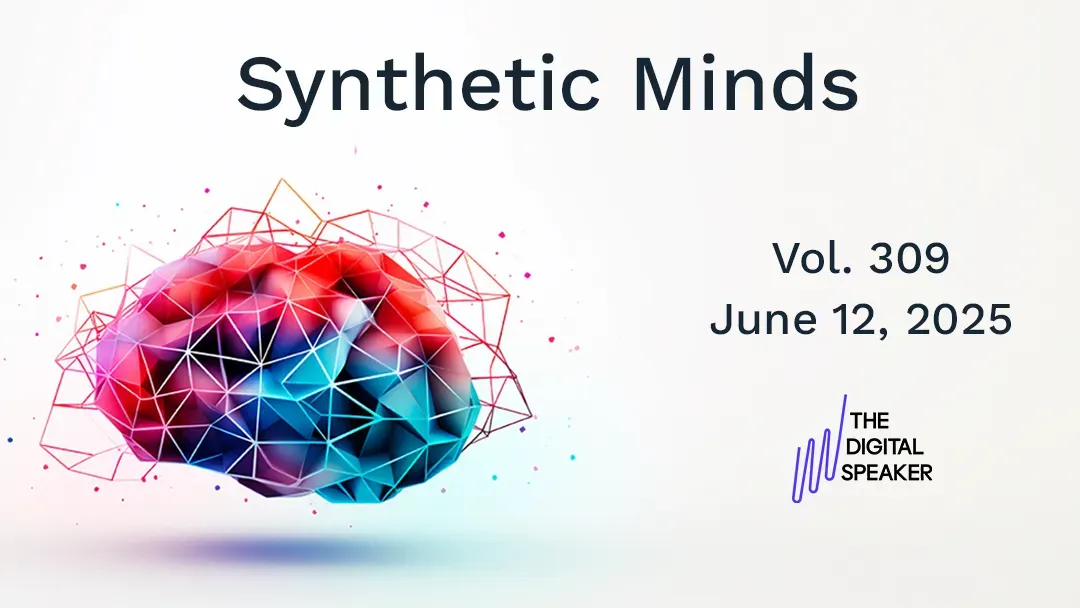Can blockchain end poverty?

Good Day! This is my weekly newsletter, with a dose of insights into the future. The topic of this newsletter is the exponential times we live in, hence the title of f(x) = e^x, which is the (natural) exponential function.
Recently, I launched my new concept The Digital Speaker and you can now book me as an avatar or hologram. Also, my tech trend prediction for 2021 is out, read it here!
How Blockchain Could Contribute to Ending Poverty in All Its Forms

My latest article:
Technological advancements have reduced global poverty significantly in the past 100 years. Many people have been able to leave poverty due to this. However, more than 1.3 billion people still live in extreme poverty. Extreme poverty is defined as having less than $1.25 to spend every day. Overcoming poverty is vital if we want to create a world that is peaceful and fair for everyone. Besides, in 2015 the United Nations adopted the Sustainable Development Goals, which includes challenging global leaders to help end poverty in all its forms, everywhere, by 2030. In this article, I will argue why and how Blockchain could contribute to ending poverty in all its forms.
Three Useful Nuggets of Information
My weekly tips from around the web to get you thinking.
1. Can we trust brain hack devices?
Merging human brains with machines might have a lot of benefits, but it becomes scary when commercial corporations will get access to our thoughts and use that for advertising. Therefore, researchers now call for a national investigation to the ethical issues of brain hack devices. (BBC)
2. Could frozen livers save lives?
Researchers have managed to ‘supercool’ human livers to subzero temperatures and warmed them back up again after 27 hours. Once warmed up, the organs were still in good shape and could, potentially, be used for transplantation. Supercooling organs could help save the lives of people on a transplant waiting list. (MIT)
3. Big Data can affect your bank account - and life.
Big data enables personalised advertising, but what would happen if corporate entities would get access to your bank details and use that information to personalise your advertising? That would bring personalisation to a new level. How can we still protect our privacy, while benefiting from big data analytics? (The Conversation)




